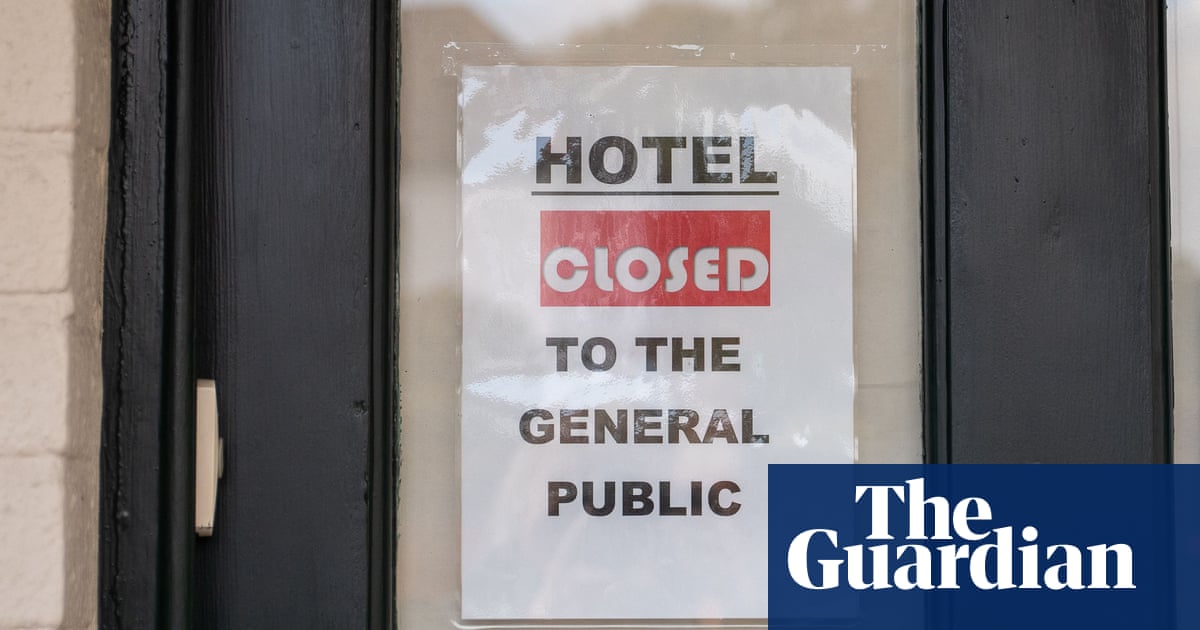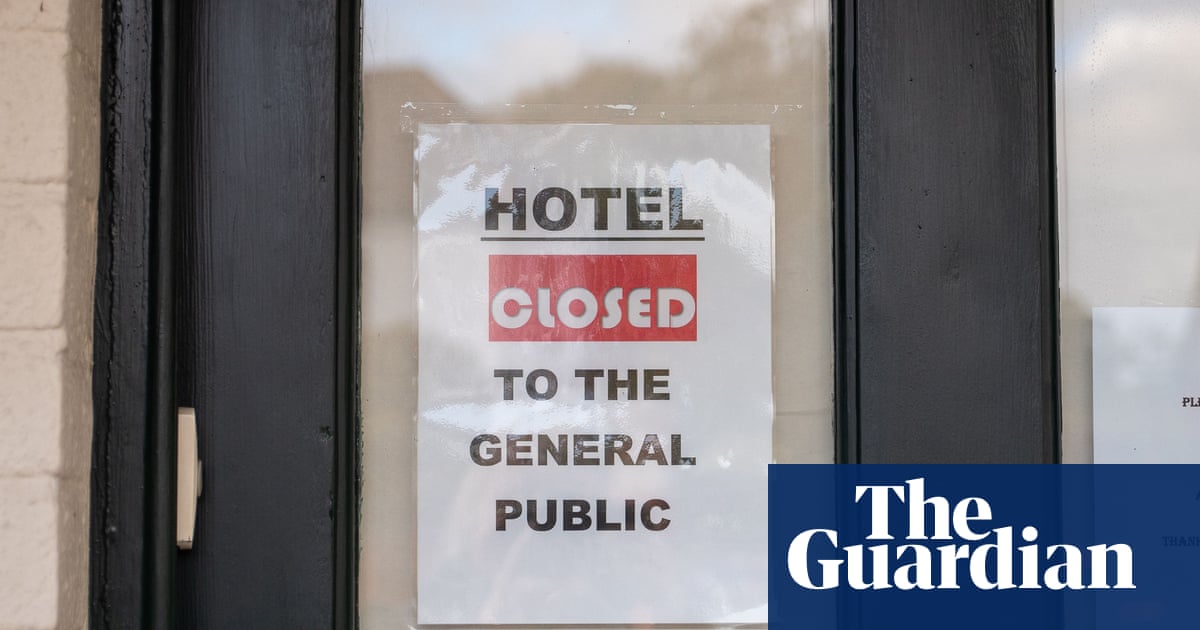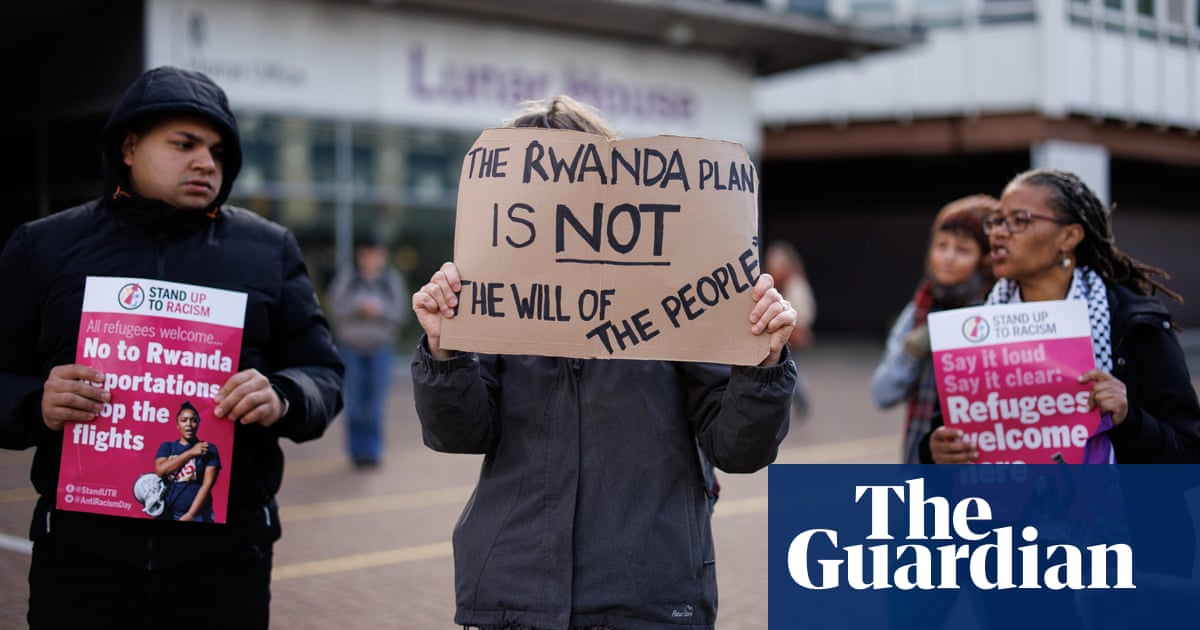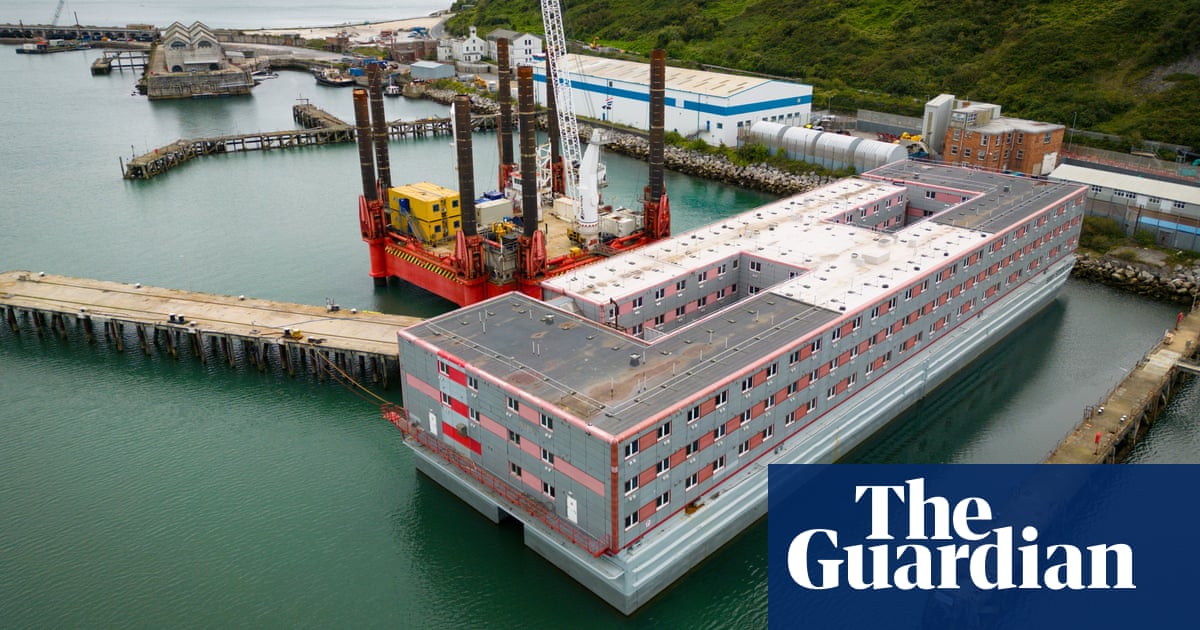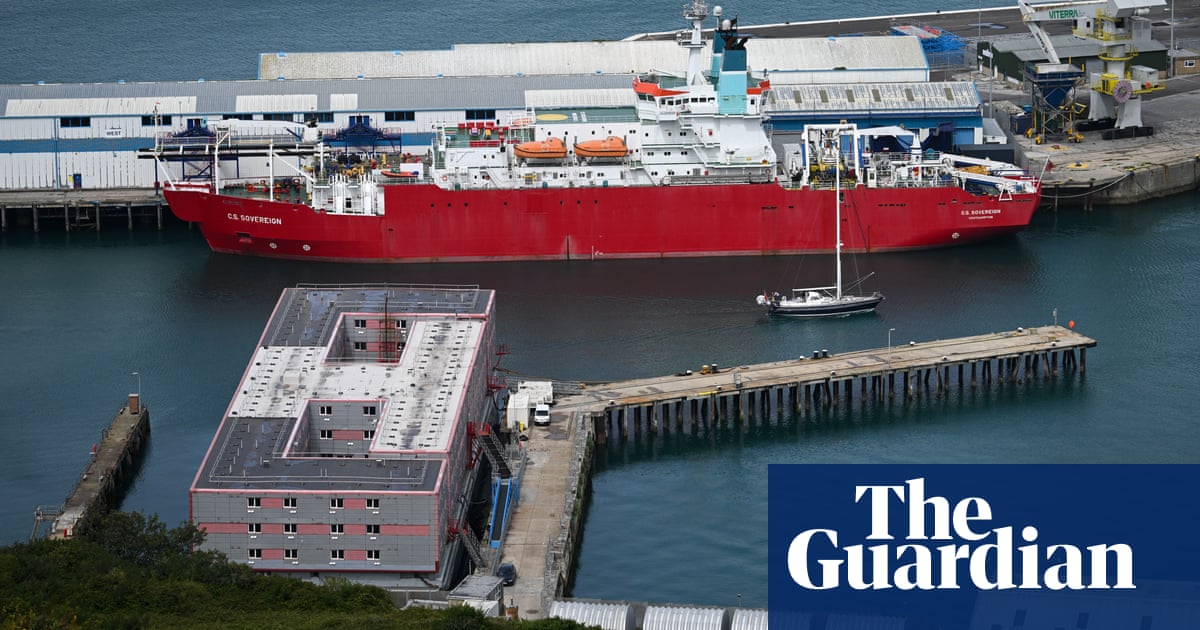
Ministers are expected to announce the end of deals with more than 100 hotels to accommodate asylum seekers, with a particular focus on Conservative target seats, as the government seeks to shore up support on migration issues.
A formal announcement of the plan, intended to reduce the £8m a day bill to house asylum seekers in hotels as they await more settled accommodation, had been expected to be made by Robert Jenrick, the immigration minister, on Tuesday.
However, this has been pushed back, and might not happen this week.
The Home Office has come under pressure to reduce the amount it spends on hotels for asylum seekers, particularly from some Conservative MPs who have received pushback from constituents about refugees housed in their areas.
It is understood that the new plan will see deals end with more than 100 hotels by the end of March, in areas including Wigan and Stoke.
The Home Office’s annual report, published in September, said the current cost was above £3bn a year, amounting to slightly over £8m a day.
The hope is that this bill can be reduced in part because of a fall so far this year in the number of asylum seekers arriving in small boats across the Channel. While Border Force had forecast a significant increase on the near-46,000 who crossed in 2022, so far the numbers are down 30%.
Ministers also hope to use more mass accommodation, including former military bases and the Bibby Stockholm barge, moored in Dorset, on to which the first asylum seekers returned last week, more than two months after it was evacuated when legionella bacteria was discovered in the water supply.
It is believed more announcements will be made on other mass accommodation sites.
The government’s position is that if it is allowed to deport asylum seekers who arrive unofficially to Rwanda, which depends on a supreme court ruling due this year, this will disincentivise people from making such crossings.
There is a legal obligation to provide asylum seekers, who are not allowed to work while their claim is being processed, with a basic level of accommodation. Hotels or hostels are supposed to be only a short-term solution, but the increase in claims and a backlog of unprocessed claims has increased their use.
Home Office statistics in August showed that more than 175,000 asylum seekers were waiting for an initial decision on their application, a record high. Ministers have focused on clearing what they call the “legacy backlog” of cases pre-dating June 2022.
Of an initial 92,000 of these, little more than 55,000 remained in August, with Home Office officials saying they hope to meet Sunak’s target of clearing all “legacy” claims by the end of 2023.





